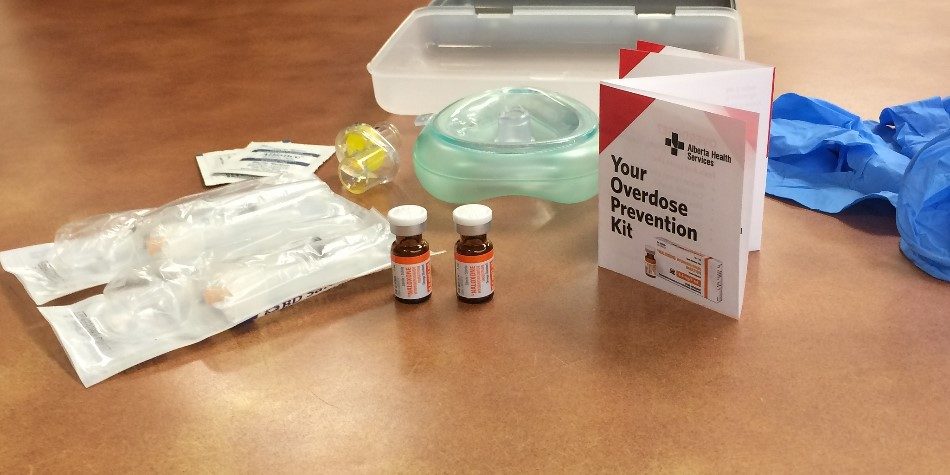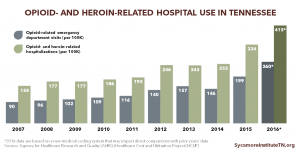
The Sycamore Institute recently published a 3-part series on Tennessee’s response to the opioid epidemic and other options policymakers might want to consider. We strongly encourage anyone interested in this topic to read the whole series. Go ahead, we’ll wait…
If you’re feeling pressed for time, however, we have an alternative. Laura Berlind’s new op-ed in The Tennessean titled “The Opioid Crisis Has Outgrown Tennessee’s Treatment Policies” offers the “Cliffs Notes” version, summarizing the entire 3-part series in less than 640 words. Here’s a taste:
The opioid epidemic has had a staggering impact in Tennessee: countless loved ones gone, higher health care costs, more drug-related crime, reduced work productivity, more children in state custody and a 10-fold increase in babies born with symptoms of opioid withdrawal. To date, Tennessee’s response has largely focused on curbing the abuse of prescription painkillers.
…
These changes have significantly reduced the amount and potency of opioid prescriptions in the state. The number of Tennesseans who report misusing prescription pain relievers has also fallen by nearly a quarter. But evidence suggests that Tennesseans are increasingly turning to heroin and fentanyl.
…
Research has shown that effectively addressing behavioral health issues like addiction involves four basic elements: promote health and well-being, prevent substance abuse, provide treatment and foster recovery.
…
The lion’s share of new funding has gone to treatment and recovery services, which the federal government recently awarded Tennessee $13.8 million to expand. Even with these additional resources, Tennessee’s capacity for treating opioid addiction is less than demand and out of sync with the geography of the epidemic.
…
Tennessee has certainly not ignored the rise in opioid and heroin abuse, but the epidemic has grown and evolved faster than our response to it.
A comprehensive review of existing and potential steps that involves multiple stakeholders, including the public and private entities that pay for prevention and treatment, could help policymakers determine the best path forward.
If you’d like to share your own thoughts on the opioid crisis or any other issue related to health or budget policy in Tennessee, please send us a note via our Contact Page.

















